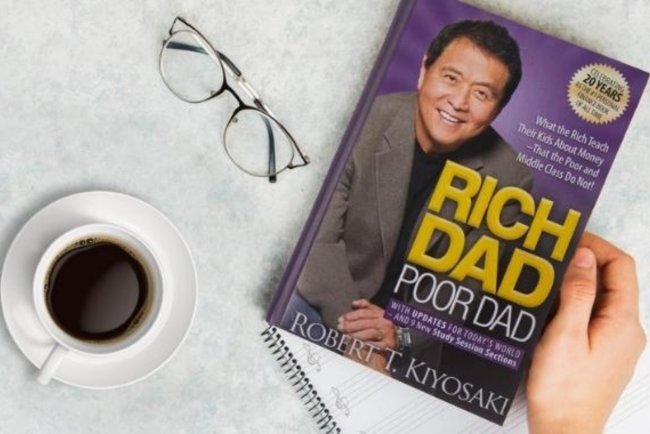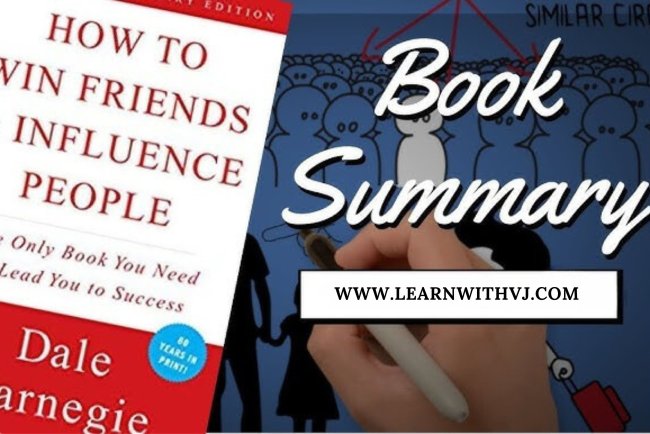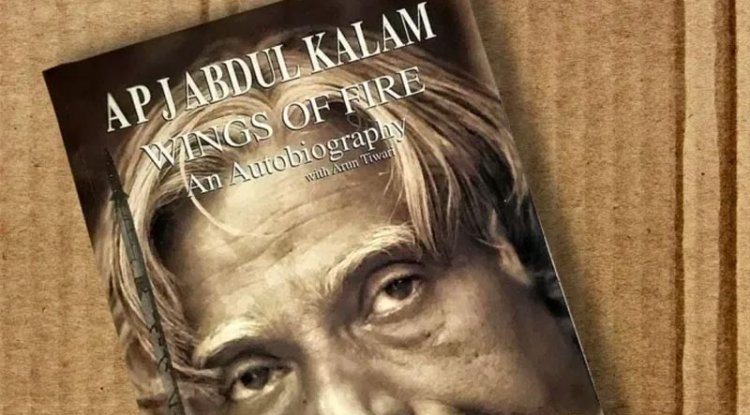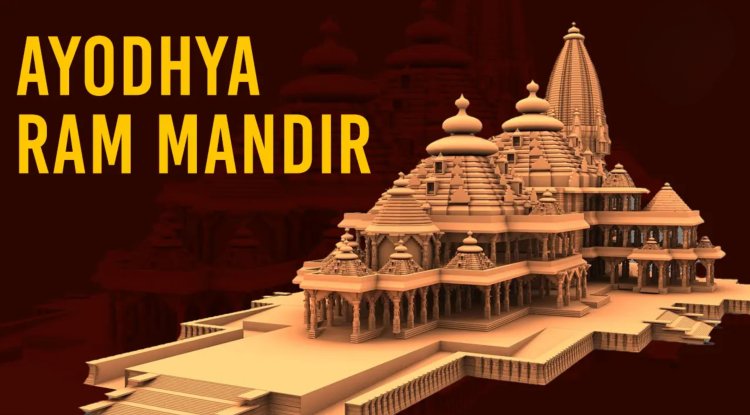10 Best Indian Autobiographies: Journeys that Illuminate a Nation
India, a vibrant tapestry woven with diverse cultures, languages, and experiences, offers a wealth of autobiographies that capture the essence of the nation and its people. These personal narratives delve into individual journeys, reflecting broader historical, social, and political landscapes. Here, we explore 10 exceptional Indian autobiographies, each offering a unique window into the human spirit and the complexities of life in this vast land.
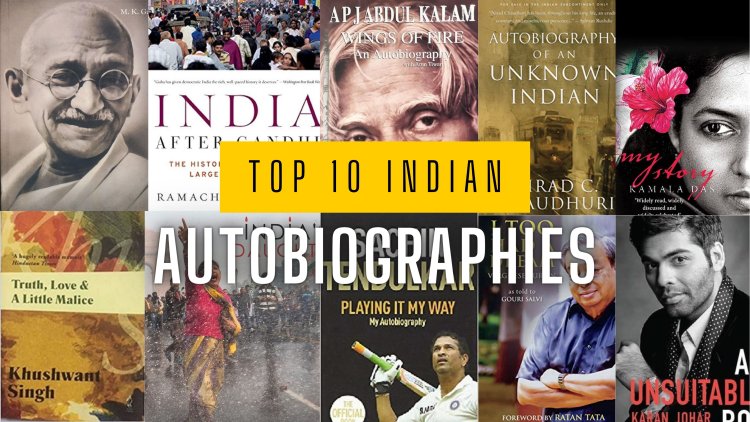
1. The Story of My Experiments with Truth (1929) by Mahatma Gandhi:

This iconic autobiography by the Father of the Indian Independence movement isn't just a chronicle of life and events; it's a philosophical and spiritual exploration. Gandhi lays bare his personal struggles, experiments with truth, and evolving non-violent resistance philosophy. This introspective narrative offers insights into the making of a leader and the birth of a nation.
2. India After Gandhi (1991) by Ramachandra Guha:
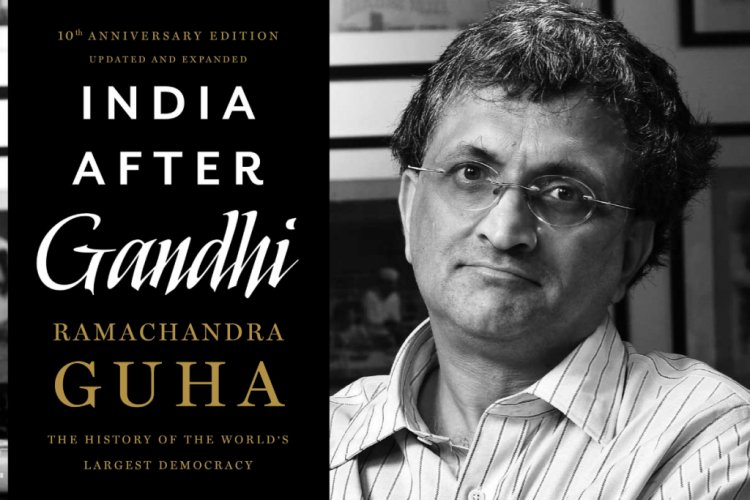
This Pulitzer Prize-winning autobiography by Ramachandra Guha, while technically not directly by an Indian, offers a compelling firsthand account of post-independence India. Through his personal journey as a historian and activist, Guha sheds light on major moments like the Emergency, the rise of Hindutva nationalism, and the changing social fabric.
3. Wings of Fire (1999) by A.P.J. Abdul Kalam:
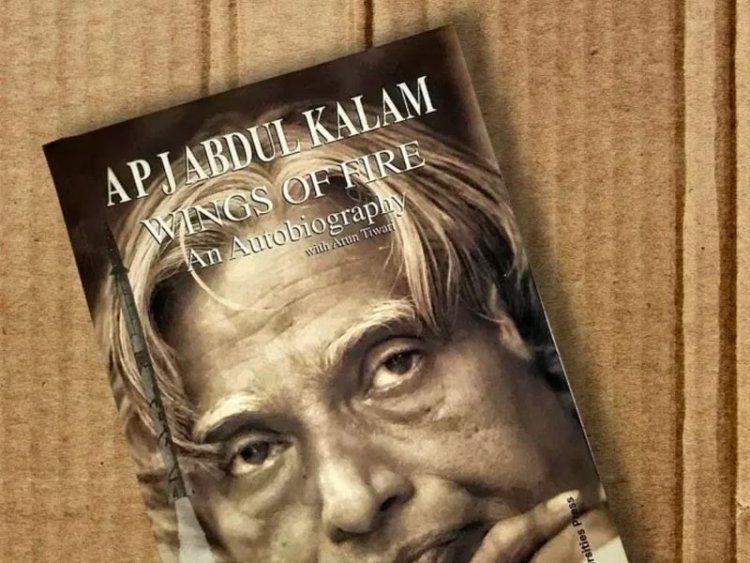
From a humble background in Rameswaram to the highest office in India, Kalam's autobiography inspires with its message of perseverance and optimism. It chronicles his journey from being a newspaper boy to a renowned scientist and President, highlighting the power of dreams and hard work. He delves into his scientific endeavors, leadership values, and vision for a developed India.
4. The Autobiography of an Unknown Indian (1951) by Nirad C. Chaudhuri:
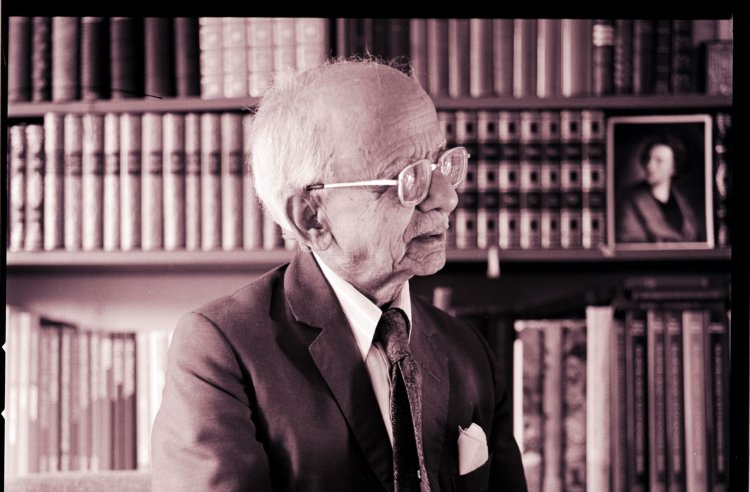
This insightful narrative paints a vivid picture of pre-independence Bengal. Chaudhuri recounts his personal and intellectual evolution, critiquing colonialism and exploring his complex relationship with his identity. He offers a poignant commentary on the changing Indian landscape and the challenges of navigating tradition and modernity.
5. Ente Katha (My Story) (1973) by Kamala Surayya:
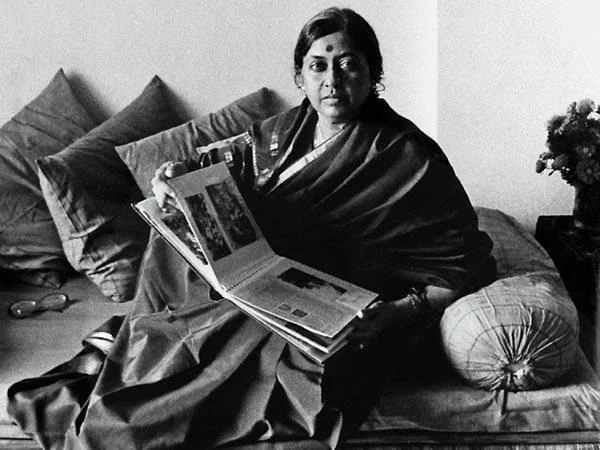
Known by her pen name 'Madhavikutty,' Surayya's autobiography breaks barriers with its unflinching honesty. She addresses sensitive topics like gender, sexuality, and caste discrimination, challenging societal norms. The book reflects the struggles and triumphs of a woman fighting for her voice and identity in a conservative society.
6. Truth, Love & a Little Malice (2002) by Khushwant Singh:
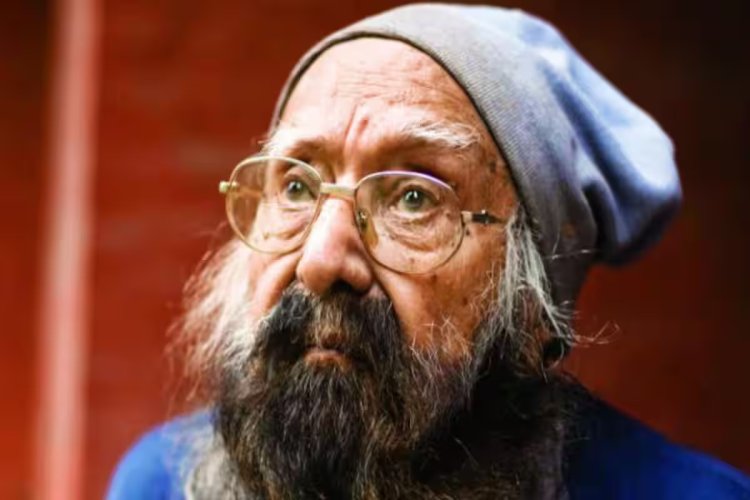
This witty and candid autobiography by the renowned writer, journalist, and historian recounts Singh's life with characteristic humor and sharp observations. He shares anecdotes from his rich career, offering glimpses into the socio-political landscape of India and providing insightful commentary on current affairs.
7. India's Daughter (2014) by Nirbhaya:

This haunting narrative, compiled by journalist Leslee Udwin, recounts the brutal gang rape and murder of a young woman in Delhi, known as Nirbhaya. Through interviews with family and friends, it paints a poignant portrait of a victim and ignites a discussion on gender violence and societal attitudes.
8. Playing It My Way (2010) by Sachin Tendulkar:
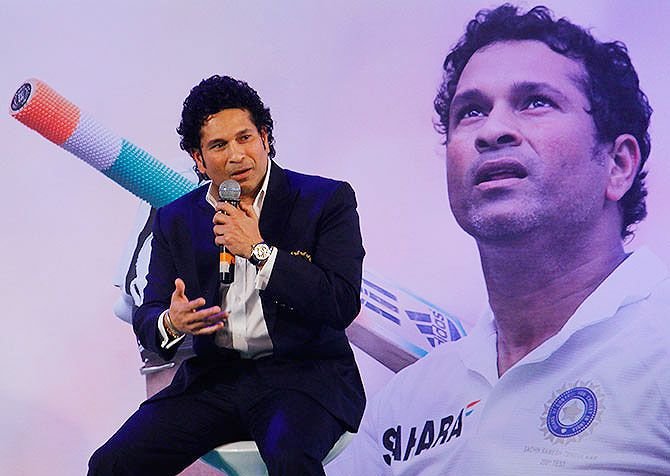
For cricket enthusiasts, Sachin Tendulkar's autobiography is a treasure trove. He narrates his journey from the streets of Mumbai to becoming a cricket legend, detailing his triumphs, setbacks, and lessons learned. The book offers a fascinating look into the world of professional sports, the pressures of fame, and the dedication required to excel at the highest level.
9. I Too Had a Dream (1969) by Verghese Kurien:
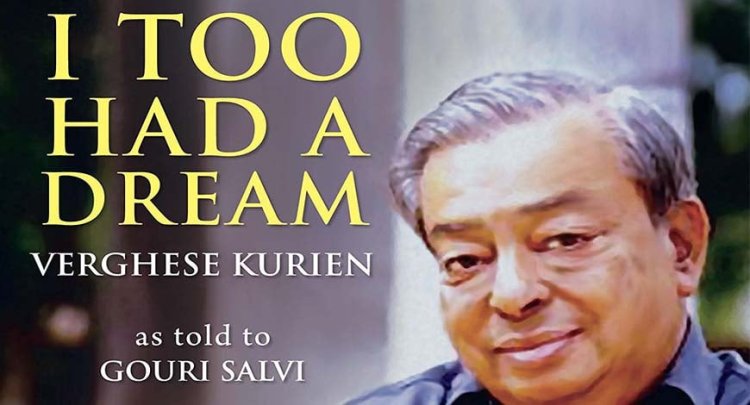
The father of India's White Revolution, Verghese Kurien's autobiography chronicles his vision and passion for transforming India's dairy industry. It narrates the struggles and triumphs of building the world's largest milk cooperative, Amul, offering valuable insights into entrepreneurship, social development, and rural empowerment.
10. An Unsuitable Boy (2016) by Karan Johar:

Bollywood filmmaker Karan Johar's autobiography takes a different approach, offering a peek into the glamorous yet competitive world of Indian cinema. He candidly discusses his childhood, navigating his sexuality, and the challenges of fame. The book provides a thought-provoking perspective on personal journeys, self-discovery, and navigating success in a demanding industry.
In selecting these 10 autobiographies, we aimed to represent a diverse range of voices and experiences that illuminate different aspects of Indian life and history. Here's a breakdown of the criteria used:
Thematic Diversity:
- We sought to include autobiographies that explore a variety of themes relevant to the Indian experience, such as independence struggles, social justice movements, cultural shifts, artistic journeys, personal challenges, and individual triumphs.
- This variety ensures the list appeals to readers with diverse interests and offers a broader understanding of India's multifaceted social fabric.
Historical Scope:
- We aimed to present autobiographies spanning different historical periods, from pre-independence struggles to contemporary voices. This allows readers to gain insights into evolving socio-political landscapes and individual experiences across generations.
- The list includes narratives from the Gandhian era, post-independence challenges, and reflections on modern India, offering a dynamic historical perspective.
Genre Representation:
- While focusing on traditional autobiographical narratives, we also included memoirs and self-portraits to showcase different literary styles and approaches to personal storytelling.
- This broader selection reflects the evolving field of autobiographical writing and offers readers diverse reading experiences.
Impact and Influence:
- We prioritized autobiographies that have had a significant impact on Indian society, literature, or individual readers. This ensures the list features narratives that resonated with audiences and contributed to broader conversations.
- Recognition through awards, critical acclaim, or enduring popularity were factors considered during selection.
Personal Journeys:
- Ultimately, we sought to showcase captivating personal journeys that offer introspection, inspiration, and unique perspectives on life in India. This ensures the list features engaging narratives that connect with readers on a deeper level.
By considering these criteria, we aimed to create a well-rounded selection that represents the vastness and richness of Indian autobiographical writing. Remember, this is just a sample list, and many other excellent autobiographies remain unexplored. We encourage readers to delve deeper and discover their own personal favorites based on their individual interests and preferences.
Categorization of the 10 Best Indian Autobiographies:
By Theme:
1. Political Leaders:
- The Story of My Experiments with Truth by Mahatma Gandhi: Chronicles his journey as a leader and the philosophy of non-violent resistance.
- India After Gandhi by Ramachandra Guha: Offers a firsthand account of post-independence political landscape and leadership figures.
- Wings of Fire by A.P.J. Abdul Kalam: Narrates the journey of a scientist and President, highlighting leadership values and vision.
2. Social Activists:
- Ente Katha (My Story) by Kamala Surayya: Addresses sensitive topics like gender and caste discrimination, challenging societal norms.
- I Too Had a Dream by Verghese Kurien: Shares the vision and passion of transforming the dairy industry for social development.
3. Artists:
- Playing It My Way by Sachin Tendulkar: Narrates the journey of a cricket legend, offering insights into the world of professional sports.
4. Literary Figures:
- The Autobiography of an Unknown Indian by Nirad C. Chaudhuri: Offers a poignant commentary on cultural shifts and navigating tradition and modernity.
5. Personal Journeys:
- Truth, Love & a Little Malice by Khushwant Singh: Witty and candid narrative reflecting a personal journey and observations on society.
- An Unsuitable Boy by Karan Johar: Explores navigating sexuality and personal struggles within the film industry.
Deeper Dives into the 10 Best Indian Autobiographies:
1. The Story of My Experiments with Truth (1929) by Mahatma Gandhi:
Synopsis: This iconic autobiography narrates Gandhi's personal and spiritual evolution alongside his pivotal role in India's independence struggle. Key themes include non-violent resistance, truth-seeking, and self-reflection.
Historical Context: Written during British rule, the book reflects the evolving landscape of colonialism and the rise of the independence movement.
Author's Voice: Earnest, introspective, and philosophical. Gandhi uses simple language to convey complex ideas about truth and justice.
Excerpt: "Non-violence and truth are as two sides of a coin... Truth, as I see it, is God and God is Truth. God is self-existent reality... To see it in its perfect purity we have to shed egoism."
2. India After Gandhi (1991) by Ramachandra Guha:
Synopsis: This Pulitzer Prize-winning memoir recounts Guha's personal journey as a historian and activist, offering firsthand insights into post-independence India. Key themes include social justice, political turmoil, and navigating personal convictions within a complex society.
Historical Context: The book covers significant events like the Emergency, rise of Hindutva nationalism, and changing social fabric.
Author's Voice: Observant, critical, and analytical. Guha blends personal experiences with historical analysis, providing a nuanced perspective.
Excerpt: "Gandhi's India did not disappear in 1947. Its legacy continued to inspire, inform, and sometimes infuriate... Yet, the India we inherited was also deeply flawed. Its democracy was imperfect, its society marked by inequalities, its aspirations often outstripped by its achievements."
3. Wings of Fire (1999) by A.P.J. Abdul Kalam:
Synopsis: This inspiring autobiography charts Kalam's journey from humble beginnings to becoming a renowned scientist and President of India. Key themes include perseverance, optimism, and the power of dreams.
Historical Context: The book offers glimpses into India's scientific advancements and social challenges in the late 20th century.
Author's Voice: Simple, optimistic, and encouraging. Kalam inspires readers with his strong work ethic and belief in the potential of individuals and nations.
Excerpt: "Dreams are not meant to be a luxury for the few...They are the seeds of the actions that we must perform today, in order to ensure the betterment of our nation and our communities."
4. The Autobiography of an Unknown Indian (1951) by Nirad C. Chaudhuri:
Synopsis: This thought-provoking narrative chronicles Chaudhuri's intellectual evolution and critique of colonialism. Key themes include cultural shifts, navigating tradition and modernity, and searching for identity.
Historical Context: The book reflects on the pre-independence period and early years of post-colonial India.
Author's Voice: Witty, critical, and introspective. Chaudhuri's sharp observations offer valuable insights into social and political complexities.
Excerpt: "We, the unknown Indians, formed the bulk of the human material out of which the history of modern India was destined to be made... Our lives were the background against which events of national importance unrolled."
5. Ente Katha (My Story) (1973) by Kamala Surayya:
Synopsis: This groundbreaking autobiography confronts sensitive topics like gender, sexuality, and caste discrimination with unflinching honesty. Key themes include challenging societal norms, finding one's voice, and the complexities of womanhood.
Historical Context: The book sheds light on social issues faced by women and marginalized communities in post-independent India.
Author's Voice: Bold, unapologetic, and lyrical. Surayya's powerful prose challenges established notions and ignites personal reflection.
Excerpt: "My story is not just mine; it is the story of many women... We are the unwritten chapters, the footnotes and asides of history. But we exist, we persist, and we write our own stories, even if they are never published."
6. Truth, Love & a Little Malice (2002) by Khushwant Singh:
Synopsis: This witty and candid autobiography reflects on Singh's vibrant life as a writer, journalist, and historian. Key themes include social commentary, observations on current affairs, and personal reflections with a humorous touch.
Historical Context: The book covers significant events from India's independence to the early 2000s, offering insights into changing social and political landscapes.
Author's Voice: Witty, observant, and unapologetic. Singh shares his opinions and anecdotes with characteristic humor and sharp-tongued commentary.
Excerpt: "India is a land of contradictions, a cacophony of clashing beliefs and traditions... This is the India I have lived in and loved, with all its faults and follies, its triumphs and tragedies."
7. India's Daughter (2014) by Nirbhaya (compiled by Leslee Udwin):
Synopsis: This haunting narrative recounts the brutal gang rape and murder of a young woman in Delhi, known as Nirbhaya. Key themes include gender violence, societal attitudes towards women, and the fight for justice.
Historical Context: The book sparked national outrage and discussions about sexual violence in contemporary India.
Author's Voice: A collective voice through interviews with family and friends, offering poignant reflections and highlighting the victim's story.
Excerpt: "We, as a society, have failed our daughters... We need to change our mindsets, our attitudes, our behavior towards women. Until then, the shadow of fear will continue to loom over every woman in this country."
8. Playing It My Way (2010) by Sachin Tendulkar:
Synopsis: This captivating autobiography narrates Tendulkar's journey from playing cricket on the streets of Mumbai to becoming a legendary sportsman. Key themes include dedication, perseverance, and navigating the pressures of fame in a demanding profession.
Historical Context: The book sheds light on the evolution of Indian cricket and Tendulkar's pivotal role in the sport's national popularity.
Author's Voice: Passionate, dedicated, and humble. Tendulkar shares his love for the game, his struggles and triumphs, and valuable lessons learned on and off the field.
Excerpt: "Cricket is not just a game; it is a passion, a way of life... It taught me discipline, focus, and the importance of teamwork. These lessons have stayed with me long after I retired from the field."
9. I Too Had a Dream (1969) by Verghese Kurien:
Synopsis: This inspiring autobiography chronicles Kurien's vision and dedication to transforming India's dairy industry through the cooperative movement Amul. Key themes include entrepreneurship, social development, and rural empowerment.
Historical Context: The book reflects on India's post-independence challenges and the impact of Amul on the lives of millions of farmers.
Author's Voice: Pragmatic, optimistic, and visionary. Kurien shares his dreams, strategies, and the human stories behind the success of Amul.
Excerpt: "It is not enough to have dreams; you need to have the passion and perseverance to turn them into reality... Amul's success is not just about milk; it is about empowering people and building a better future for our nation."
10. An Unsuitable Boy (2016) by Karan Johar:
Synopsis: This self-portrait offers a peek into the glamorous yet challenging world of Indian cinema through Johar's personal and professional journey. Key themes include navigating sexuality, navigating success in a demanding industry, and self-discovery.
Historical Context: The book reflects on Johar's coming-of-age within the Bollywood industry and its evolving trends.
Author's Voice: Candid, reflective, and self-aware. Johar shares his vulnerabilities, ambitions, and insights into the realities of fame and personal struggles.
Excerpt: "Being different is not always easy, especially in a world that thrives on stereotypes... But it is also this difference that allows us to find our own voices and create something unique."
Impact and Recognition of the 10 Indian Autobiographies:
1. The Story of My Experiments with Truth:
- Impact: Shaped the independence movement, inspired non-violent resistance globally, remains a foundational text for understanding Gandhian philosophy.
- Recognition: No awards, but international acclaim and translation into multiple languages.
2. India After Gandhi:
- Impact: Provided firsthand accounts of post-independence challenges, sparked discussions on identity and democracy, influenced historical research.
- Recognition: Pulitzer Prize for General Nonfiction (1992), Sahitya Akademi Award (1997).
3. Wings of Fire:
- Impact: Motivated millions through Kalam's inspirational message, ignited youth's interest in science and technology, promoted national pride.
- Recognition: Bharat Ratna (2008), Padma Vibhushan (1998), numerous honorary doctorates.
4. The Autobiography of an Unknown Indian:
- Impact: Offered critical commentary on colonialism and cultural shifts, challenged societal norms, influenced discussions on identity and belonging.
- Recognition: Sahitya Akademi Award (1977), Sahitya Akademi Fellowship (2001).
5. Ente Katha (My Story):
- Impact: Broke taboos by discussing gender and sexuality, empowered women by sharing her struggles, sparked conversations on social reform.
- Recognition: Kerala Sahitya Akademi Award (1974), Kendra Sahitya Akademi Award (1984).
6. Truth, Love & a Little Malice:
- Impact: Entertained readers with witty observations, offered valuable social commentary, challenged stereotypes through personal reflections.
- Recognition: Padma Bhushan (2007), numerous literary awards for other works.
7. India's Daughter:
- Impact: Provoked national outrage on gender violence, ignited debates on societal attitudes, led to policy changes and awareness campaigns.
- Recognition: International Film Festival Rotterdam (2015) nominee, sparked global discussions.
8. Playing It My Way:
- Impact: Motivated young athletes with Tendulkar's dedication, offered insights into professional sports, celebrated India's cricketing achievements.
- Recognition: Bharat Ratna (2014), Padma Shri (1999), Arjuna Award (1994).
9. I Too Had a Dream:
- Impact: Showcased the power of social entrepreneurship, highlighted Amul's role in rural development, inspired young leaders.
- Recognition: Padma Bhushan (2003), Magsaysay Award for Community Leadership (1963).
10. An Unsuitable Boy:
- Impact: Offered insights into Bollywood's inner workings, sparked discussions on sexuality and self-discovery, provided a relatable narrative for young professionals.
- Recognition: Filmfare Award for Best Autobiography (2017), commercial success and reader engagement.
This list highlights the diverse ways these autobiographies have impacted individuals and society. By sharing personal journeys, these authors have sparked conversations, inspired readers, and left lasting legacies in Indian literature and beyond.
Remember, this is not an exhaustive list of awards and recognition. Each book holds its own significance and has touched the lives of countless readers.
Beyond the 10: Exploring More Notable Indian Autobiographies
While the previous list offered a diverse selection, there are countless other remarkable Indian autobiographies waiting to be discovered. Here are some recommendations based on different themes, genres, and historical periods, along with resources to help you find them:
By Theme:
- Entrepreneurship: "Gifting: An Indian Adventure" by Anita Roddick (founder of The Body Shop), "Built to Last: Achieving a Sustainable Advantage" by Adi Godrej (industrialist), "Start with Why: How Great Leaders Inspire Everyone to Take Action" by Simon Sinek (entrepreneur with Indian roots)
- Arts and Culture: "My Life and Times" by Satyajit Ray (filmmaker), "Beyond the Horizon: My Memoirs" by Lata Mangeshkar (singer), "Sacred Games: A Life in Theater" by Naseeruddin Shah (actor)
- Sports: "Dreams from My Village: The Autobiography of Mithali Raj" (cricketer), "Akashvani: The Autobiography of Akash Chopra" (cricketer), "Olympus: My Autobiography" by Milkha Singh (athlete)
- Spiritual Journeys: "Autobiography of a Yogi" by Paramahansa Yogananda, "The Autobiography of the Mother" by Mirra Alfassa (spiritual leader), "The Gospel of Ramakrishna" (recorded by M.), M. (disciple of Ramakrishna)
By Genre:
- Memoirs: "One Life Many Lives" by Manek Gandhi (Gandhi's granddaughter), "India in Slow Motion" by Amit Chaudhuri (writer), "The Kaifi Azmi Poetry Collection: Including Ghazals, Nazms and Poems" by Kaifi Azmi (poet)
- Diaries: "The Diary of a Nation: India After Independence" by Ramchandra Guha, "My Days: The Memoirs of R.K. Narayan" (writer), "The Last Mughal: The Fall of a Dynasty, Delhi 1857" by William Dalrymple (historian)
- Letters: "Letters of a Lost Generation" by Jawaharlal Nehru and Indira Gandhi, "The Collected Letters of Muhammad Ali Jinnah" (founder of Pakistan), "Letters of Swami Vivekananda" (spiritual leader)
By Historical Period:
- Pre-Independence: "My Reminiscences" by Annie Besant (theosophist and activist), "Letters to My Children" by Jawaharlal Nehru, "India's Struggle for Freedom" by Maulana Azad (independence leader)
- Post-Independence: "My Life" by Homi Bhabha (scientist), "India is My Country" by Indira Gandhi, "India Unbound: From Aching Hunger to Economic Power" by Gurcharan Das (economist)
- Contemporary India: "Kartoos: A Young Woman's Journey through the Indian Underworld" by Smita Thackeray (writer and politician), "Leila: A Novel" by Thrity Umrigar (writer), "I Too Have a Dream" by Malala Yousafzai (education activist)
Resources to Find These Autobiographies:
- Online Bookstores: Amazon, Flipkart, BookMyShow, Goodreads (marketplace)
- Literary Websites: Scroll.in, The Caravan, The Hindu, India Today
- Libraries: Local public libraries, online library platforms like Libby or OverDrive, university libraries
- Independent Bookstores: Many cities have independent bookstores that specialize in Indian literature or have curated collections of autobiographies.
Remember, this is just a starting point. Exploring these resources and recommendations will lead you to even more captivating Indian autobiographies that resonate with your interests and broaden your understanding of this diverse nation's stories and voices.
Deepen Your Exploration: Links and Community Engagement
To further enrich your journey through these remarkable narratives, here are some resources and opportunities for engagement:
Reviews and Interviews:
- The Story of My Experiments with Truth:
- Interview with author (grandson): https://www.nytimes.com/2023/05/24/movies/halle-bailey-little-mermaid.html
- India After Gandhi:
- Interview with author: https://m.youtube.com/watch?v=zrprO3TUf4s
- Wings of Fire:
- Interview with author: https://m.youtube.com/watch?v=t5b20oLaIaw
- The Autobiography of an Unknown Indian:
- Documentary on author: https://www.youtube.com/watch?v=GywTOpEhjUA
- Ente Katha (My Story):
- Interview with author (translated): https://m.youtube.com/watch?v=6l5oJ-sxmOo
- Truth, Love & a Little Malice:
- India's Daughter:
- Interview with filmmaker: https://www.nytimes.com/issue/magazine/2023/08/25/the-82723-issue
- Playing It My Way:
- Interview with author: https://m.youtube.com/watch?v=v6Rz4pgR9UQ
- I Too Had a Dream:
- Interview with author: https://www.youtube.com/watch?v=X0PGkL0T1-c
- An Unsuitable Boy:
Share Your Recommendations:
This list is just a glimpse into the vast and diverse world of Indian autobiographies. We invite you to share your own recommendations for notable narratives that have resonated with you!
- Which autobiographies would you add to this list, and why?
- What other themes, genres, or historical periods pique your interest?
- Have you read any of the books mentioned here? Share your thoughts and experiences!
By sharing your recommendations and participating in the discussion, we can create a vibrant community of readers who appreciate and celebrate the power of Indian autobiographies.
Let's keep the conversation going!
What's Your Reaction?








